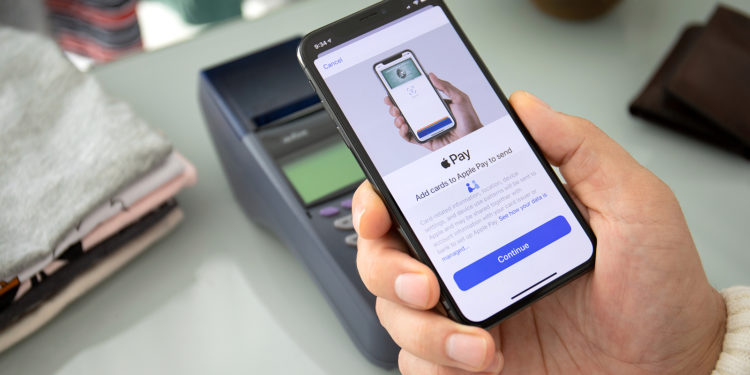In line with a report late last week, the European Commission today officially announced that it has sent a Statement of Objections to Apple against restrictions that prevent third-party access to the iPhone's NFC features, thereby limiting competition in mobile wallets on iOS.
The declaration is a provisional opinion, which must first be confirmed by further investigations before conclusions can be drawn. But it does indicate the direction in which the investigation is going.
iPhone NFC function & Apple Pay: Is Apple violating antitrust law?
The European Commission has informed Apple of its preliminary view that the company has abused its dominant position in the mobile wallet markets for iOS devices. By restricting access to a standard technology used for contactless payments with mobile devices in stores ('Near-Field Communication (NFC)' or 'Tap and Go'), Apple is restricting competition in the mobile wallet market on iOS.
European Commission Vice President Margrethe Vestager argues that access to NFC is a prerequisite for viable mobile wallet services in stores. Vestager explains:
Our concerns relate to Apple's decision to block access to NFC technology for payment purposes and to use it exclusively for its own mobile wallet, Apple Pay. This means that Apple device users can only pay using the 'Tap and Go' feature of Apple Pay and not other wallets. This is because competing wallet developers need access to NFC on Apple devices to reach Apple users. Developing a mobile payment application is costly and the investment can only be worthwhile if developers can reach both Apple and Android customers. Our records show that some developers have abandoned their plans because they were unable to reach iPhone users. This behaviour hampered innovation and prevented competition in the mobile wallet market. As a result, European consumers have little choice in mobile payment solutions when paying in stores.
After allegations by the EU: Apple takes a stand
Vestager mentions that Apple has cited security as a reason for not allowing third parties access to NFC. However, the regulators' investigation is said to have found no evidence of this risk. In the meantime, the Cupertino, California-based company has also commented. In an interview with AppleInsider explained Apple:
We developed Apple Pay to give users a simple and secure way to present their existing payment cards digitally, and to enable banks and other financial institutions to offer contactless payments for their customers. Apple Pay is just one of many options available to European consumers for payments and has ensured equal access to NFC while setting industry-leading standards for data protection and security. We will continue to work with the Commission to ensure European consumers have access to the payment option of their choice in a secure environment.
Apple emphasizes that while it is working to work with the European Commission, it is committed to maintaining the high level of security of Apple Pay. The company emphasizes that Apple Pay is significantly more secure and fraud-free than third-party apps on Android. (Photo by DenPhoto / Bigstockphoto)





